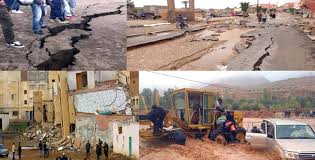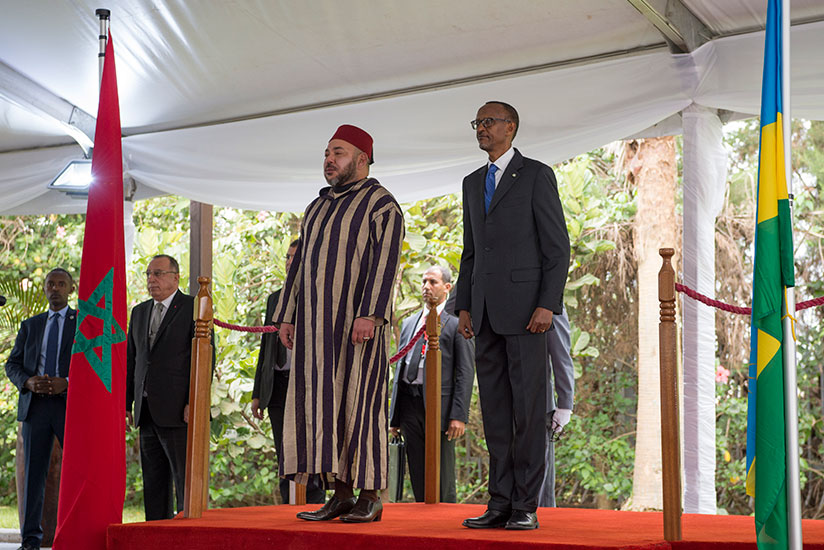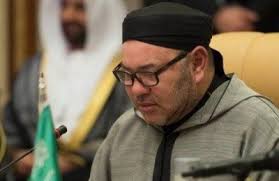Morocco is among the countries most exposed to geological and climate-related hazards in the Middle East and North Africa (MENA) region, says the World Bank in a recently-published report, noting that although Morocco does not contribute as much to climate change as more industrialized nations, it has still experienced the effects of the global climate crisis.
Natural disasters, such as flooding, earthquakes, and drought cost the Kingdom over $575 million each year, the report says, adding that rapid urbanization and climate change threaten to increase the frequency and severity of weather-related events.
The World Bank has lauded the results of its Morocco Integrated Disaster Risk Management and Resilience Program, explaining that it insures close to 9 million people against bodily injury as a result of climate change.
According to the report, the program was able to redesign Morocco’s Fund for the Fight against Natural catastrophes (FLCN) from an emergency response vehicle into a national resilience fund. As of March 2022, the fund had supported 180 disaster risk reduction projects, for a total investment volume of $304 million, with FLCN co-financing of $111 million.
Technical assistance programs are also being funded by Switzerland and the Global Facility for Disaster Reduction and Recovery.
Completed structural projects have benefited more than 174,000 direct beneficiaries across the national territory, the report states, recalling that in February 2021, Morocco’s first National Disaster Risk Management Strategy (2021–2031) was prepared under the leadership of a newly created DRM Directorate within the Ministry of Interior. The strategy was translated into a priority action plan (2021–2023) and an operational action plan (2021–2026) that covers 18 programs and 57 projects.
Also, part of efforts to address the global climate emergency, Morocco has been strengthening its renewable energy resources, committing to a goal of sourcing 80% of its energy through renewables by 2050.



